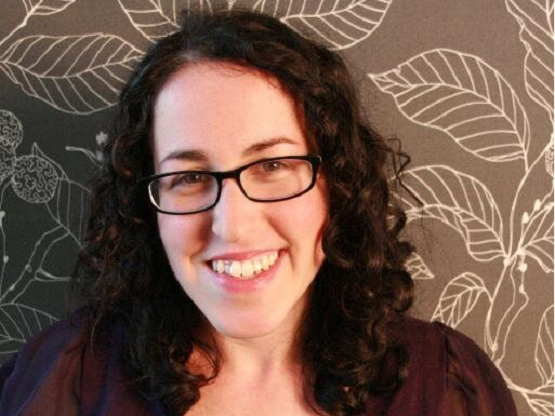As our growing army of readers knows, NRL News Today posts a great deal on our benighted opposition’s attempts to “normalize” abortion, as if obliterating your own child were no different (literally, in one case) than a relaxing day at the spa.
Some abortions are “easier” to defend, which is why not so long ago abortion apologists wanted to talk about nothing but the hardest of the hard cases. Now they believe they have cracked the code: convince everyone that no abortion is problematic, no matter how morally unserious the reason the child is killed. If people buy that, they won’t ever get to the question of whether a civilized nation butchers pain-sensitive babies or literally dismembers unborn children.
Even so, repeat-repeat abortions are tricky, even for the cagiest of apologists. I hadn’t seen a “defense” lately until a reader asked me about a story I’d written debunking one of them–“Evidence-Based Advocacy: Expanding Our Thinking About ‘Repeat’ Abortions.”
If you needed any hint where Steph Herold is heading notice that ‘repeat’ abortions is in quotation marks, suggesting it’s a figment of our imagination or something so misunderstood as to need Ms. Herold’s blue pencil. A better word would be, we’re told, “multiple abortions.”
Right out of the gate Herold makes no bones about her absolutism. Even to try to intervene after a first abortion to prevent a second (or third, or fourth, or however many) abortion is to miss that each abortion must be seen “as a unique experience with its own set of complex circumstances.” That’s why these women are not “repeaters”: each abortion is, duh, unique. Get it?
(Each abortion IS unique in the sense that every baby lost is unique but that decidedly is not what Herold means.)
Herold tells us that “Tracy Weitz and Katrina Kimport, sociologists with Advancing New Standards in Reproductive Health (ANSIRH), analyzed the interviews of ten women who’d had multiple abortions.” They’d had a total of 35 abortions and each was different, some easier/harder than others.
If you ARE going to “target” these women, understand that each abortion came with its own “unique emotional and social circumstances.” Okay (for purposes of following the argument), now what?
“Similarly, providers should not assume that a woman with a history of multiple abortions will have the same emotional or contraceptive needs after each abortion,” Herold writes. “In fact, Weitz and Kimport found that some women avoided going to the same provider for each abortion because they feared being judged for having multiple abortions or having to hear the same contraceptive-counseling script. Providers should not make assumptions about their patients’ needs based on the number of abortions they’ve had.”
Click here to sign up for daily pro-life news alerts from LifeNews.com
Am I missing something, or is Herold confirming that these women can’t be bothered with trying not to become pregnant—and they simply will shop around for a different abortionist?
If this group is representative, women who have multiple abortions want what they want when they want it and “mainstream pro-choice organizations” ought not to be “worrying that discussing multiple abortions will rile up the anti-choice movement.”
What should they be worried out? “Focus[ing] on de-stigmatizing the experience of abortion, no matter how many times a woman needs to access this service,” Herold lectures. “Women who have had multiple abortions should not be viewed as a separate class of people from women who have had one abortion.”
Chew on that one for a while.
Her conclusion? “We should understand women who have had multiple abortions through their individual life experiences rather than judging them on their pregnancy history. If we want to better meet women’s emotional needs around abortion, we can start by using the phrase ‘multiple abortions’ instead of ‘repeat abortions,’ and moving away from policies that seek to prevent ‘repeat abortions.’ To support women who have had multiple abortions, we need to acknowledge that some abortions may be more difficult than others.”
Pardon? I guess that means there really is no such thing as a “repeat” abortion, only a series of discreet, separate, don’t-connect-the-dots abortions that are multiples of one. Why?
Because some abortions are easier than others and because the circumstances under which a woman has abortion “c” are different than the circumstances for abortion “a” and abortion “b.”
It’s hard to know what to say to someone who reasons like this. However, my guess is that even some of the Sisterhood might swallow hard at this indigestible excuse for unlimited abortion.
LifeNews.com Note: Dave Andrusko is the editor of National Right to Life News and an author and editor of several books on abortion topics. This post originally appeared at National Right to Life News Today.








